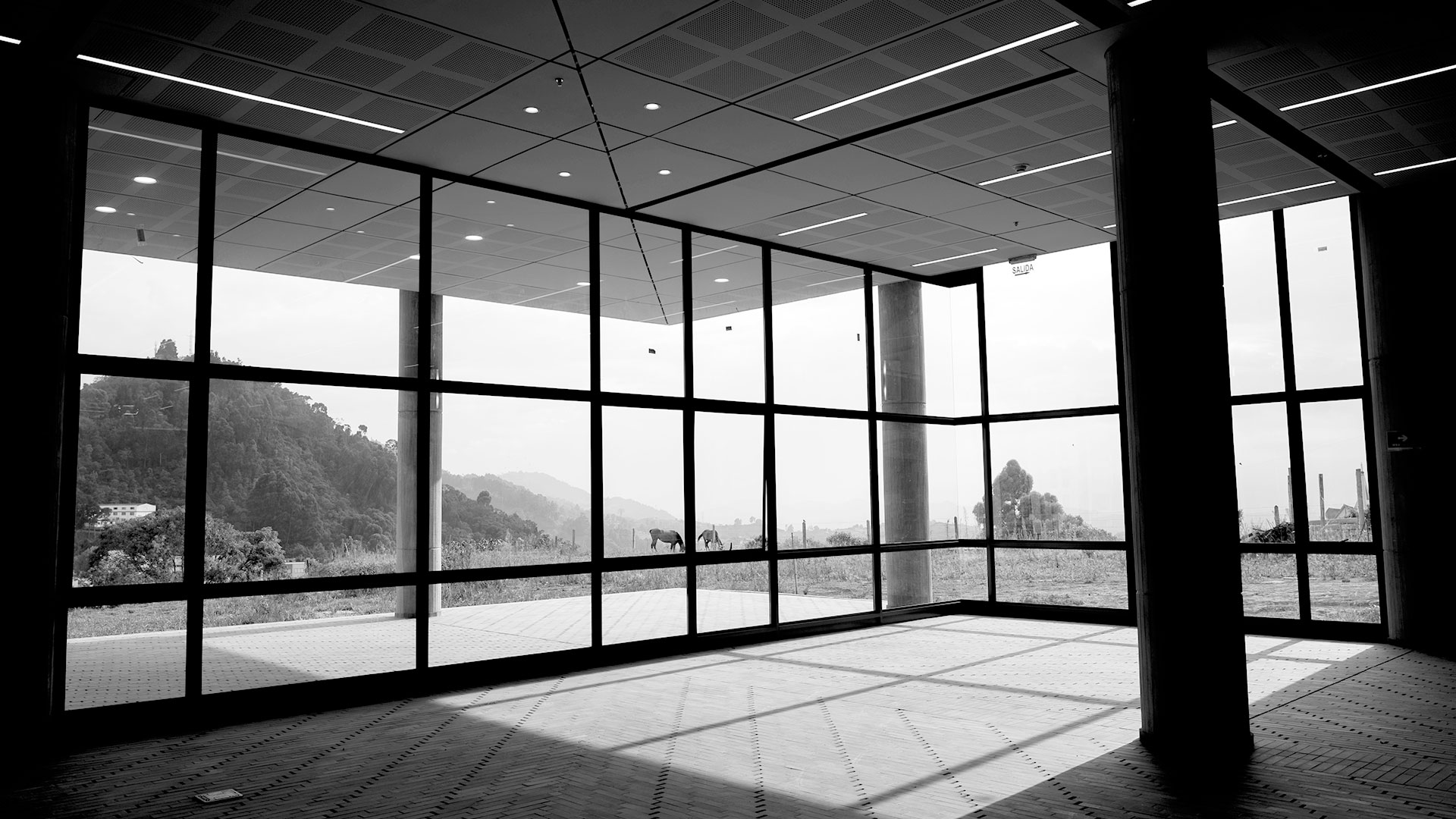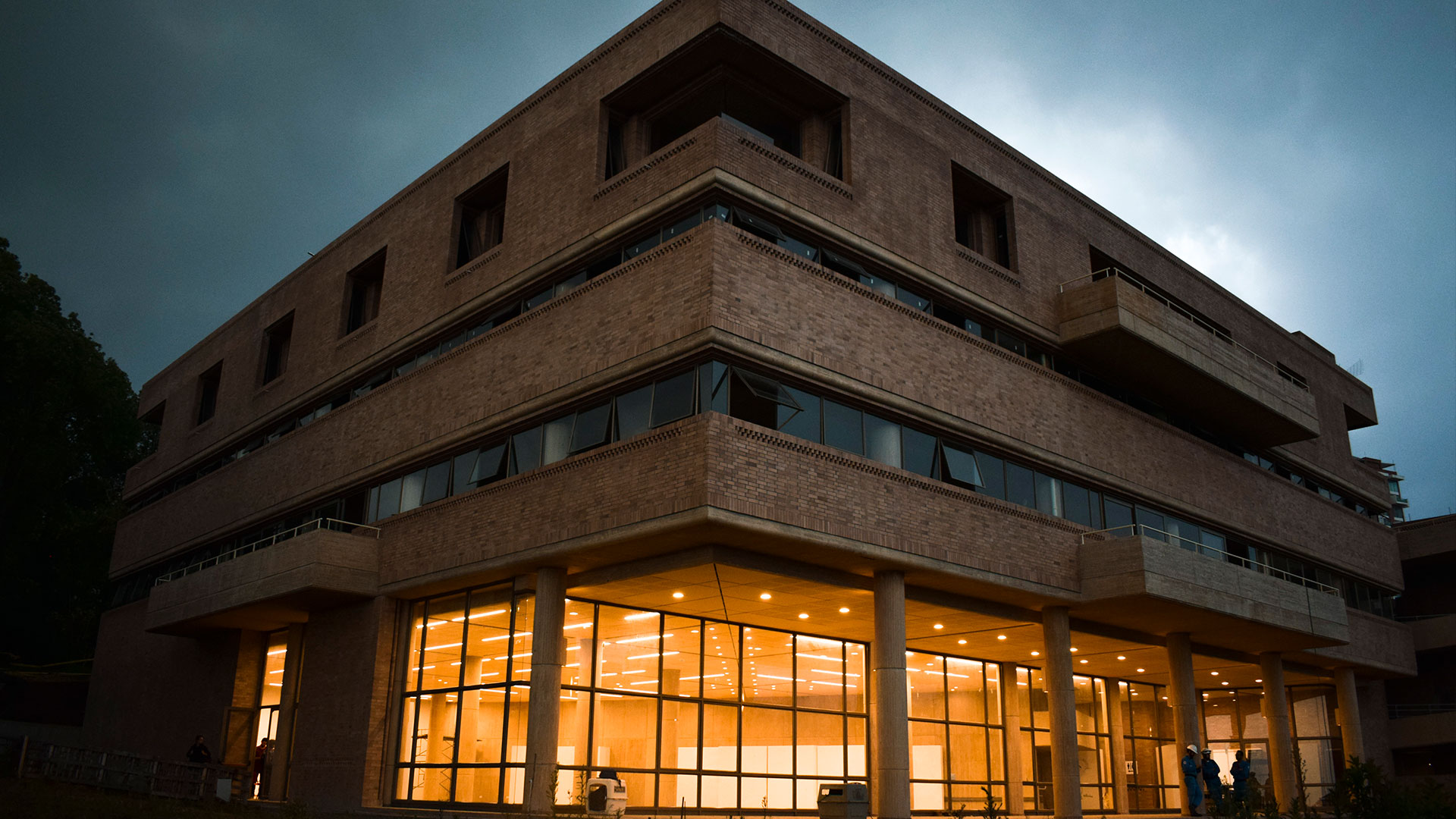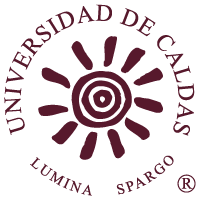| dc.contributor.author | Silva, Fernando M. F. | spa |
| dc.date.accessioned | 2019-07-01 00:00:00 | |
| dc.date.accessioned | 2020-12-09T16:56:31Z | |
| dc.date.available | 2019-07-01 00:00:00 | |
| dc.date.available | 2020-12-09T16:56:31Z | |
| dc.date.issued | 2019-07-01 | |
| dc.identifier.issn | 0124-6127 | |
| dc.identifier.uri | https://doi.org/10.17151/difil.2019.20.35.2. | |
| dc.identifier.uri | https://repositorio.ucaldas.edu.co/handle/ucaldas/14785 | |
| dc.description.abstract | El problema de lo absoluto, en sus ámbitos religioso, político, estético o filosófico, es uno de los impulsores fundamentales del pensamiento del siglo XVIII, especialmente en la época de Kant y hasta el período del idealismo alemán. Este artículo intenta abordar el problema en su dimensión filosófico-estética y discernir cómo el problema del pensar o experimentar lo absoluto, en forma de sistematización filosófica, tal como fue legado por Kant y su generación, fue una de las principales preguntas teóricas. recibida por toda una generación de jóvenes autores. Para demostrarlo mejor, he elegido el ejemplo del poeta y filósofo Novalis. El objetivo es, por lo tanto, investigar cuán abierta o negativamente Novalis leyó la proposición kantiana del a priori y el edificio crítico basado en él, y hacer evidente la negación de Novalis de la posibilidad de experimentar lo absoluto, excepto en una "aproximación infinita". También se busca sugerir cuál podría haber sido la respuesta de Kant a las objeciones, específicamente una respuesta antropológica que podría haber mostrado el alcance completo de la concepción kantiana de su edificio crítico y su reflexión filosófica, que podría haber mostrado una nueva dimensión de la reflexión sobre lo humano en Kant, y por lo tanto podría haber eximido parcialmente al filósofo de los reproches de sus lectores más jóvenes. Finalmente, se quiere presentar la concepción de la poesía de Novalis y de Kant (hasta cierto punto) sorprendentemente cercana, como la clave para el problema filosófico del absoluto. | spa |
| dc.description.abstract | The problem of the absolute, in its religious, political, aesthetic and/or philosophical scopes, is one of the fundamental propeller springs of 18th century thought, especially in Kant’s time and until the period of German Idealism. This paper intends to approach the problem in its philosophical-aesthetic dimension and to discern how the problem of thinking or experiencing the absolute, in the form of philosophical systematicity, as it was legated by Kant and his generation, was one of the main theoretical questions received by a whole generation of young authors. In order to best demonstrate this, we chose the example of the poet and philosopher Novalis. Our objective is, therefore, to investigate how openly, or how negatively Novalis read Kant’s proposition of the a priori and the critical edifice based upon it, and to render evident Novalis’ negation of the possibility of experiencing the absolute but in an “infinite approximation”. We also seek to suggest what could have been Kant’s reply to the objections, namely, an anthropological reply that might have shown the full reach of Kant’s conception of his critical edifice and his philosophical reflection, which might have displayed a new dimension of the reflection on the human in Kant, and thus might have partially exempted the philosopher from the reproaches of his younger readers. Finally, we want to present both Novalis’ and Kant’s (to a certain extent) surprisingly close conception of poetry as the key for the philosophical problem of the absolute. | eng |
| dc.format.mimetype | application/pdf | eng |
| dc.language.iso | eng | eng |
| dc.publisher | Universidad de Caldas | spa |
| dc.rights | Derechos de autor 2019 Fernando M. F. Silva | eng |
| dc.rights.uri | https://creativecommons.org/licenses/by-nc-sa/4.0 | eng |
| dc.source | https://revistasojs.ucaldas.edu.co/index.php/discusionesfilosoficas/article/view/308 | eng |
| dc.subject | Novalis | eng |
| dc.subject | Kant | eng |
| dc.subject | absolute | eng |
| dc.subject | a priori | eng |
| dc.subject | poetry | eng |
| dc.subject | Novalis | spa |
| dc.subject | Kant | spa |
| dc.subject | absoluto | spa |
| dc.subject | a priori | spa |
| dc.subject | poesía | spa |
| dc.title | "Una máxima en su clase" : el problema de lo absoluto entre Novalis y Kant. | spa |
| dc.type | Sección Artículos | spa |
| dc.type | Artículo de revista | spa |
| dc.type | Journal Article | eng |
| dc.identifier.doi | 10.17151/difil.2019.20.35.2. | |
| dc.identifier.eissn | 2462-9596 | |
| dc.relation.citationendpage | 29 | |
| dc.relation.citationissue | 35 | spa |
| dc.relation.citationstartpage | 15 | |
| dc.relation.citationvolume | 20 | spa |
| dc.relation.ispartofjournal | Discusiones Filosóficas | spa |
| dc.relation.references | Baggesen, Jens, Karl Leonhard Reinhold, and Friedrich Heinrich Jacobi. Aus Jens Baggesen’s Briefwechsel mit Karl Leonhard Reinhold und Friedrich Heinrich Jacobi. Vol. 1. Brockhaus, 1831. Print. | eng |
| dc.relation.references | Fichte, Johann Gottlieb. “Werke, hrsg. von Immanuel Hermann Fichte.” Bd. IV, Berlin, 1971. Print | eng |
| dc.relation.references | Hegel, G. W. F., Werke (20 Bde.), Hrsg. Eva Moldenhauer und Karl Markus Michel, Suhrkamp, Frankfurt am Main, 1986. Print. | eng |
| dc.relation.references | Hölderlin, Friedrich. “Zu Jakobis Briefen über die Lehre des Spinoza.” Hölderlin F. Sämtliche Werke 2: 346-9. 1954. | eng |
| dc.relation.references | Kant, Immanuel. “Gesammelte Schriften, Hrsg: Bd 1–22 Preussische Akademie der Wissenschaften, Bd 23 Deutsche Akademie der Wissenschaften zu Berlin, ab Bd 24 Akademie der Wissenschaften zu Göttingen.” (1900). | eng |
| dc.relation.references | Novalis, Schriften. Werke, Tagebücher und Briefe Friedrich von Hardenbergs. Hrsg. Hans-Joachim Mähl u. Richard Samuel (3 Bde.), Wissenschaftliche Buchgesellschaft, Darmstadt, 1999. (NS) | eng |
| dc.relation.references | Reinhold, Karl L. Beiträge zur Berichtigung bisheriger Mißverständnisse der Philosophen: Erster Band, das Fundament der Elementarphilosophie betreffend. Vol. 554. Felix Meiner Verlag, 2003. | eng |
| dc.relation.references | Schelling, F. W. J., Ausgewählte Schriften, hrsg. von Manfred Frank, Frankfurt am Main: Suhrkamp, 1985. (AS) | eng |
| dc.rights.accessrights | info:eu-repo/semantics/openAccess | eng |
| dc.rights.creativecommons | Esta obra está bajo licencia internacional Creative Commons Reconocimiento-NoComercial-CompartirIgual 4.0. | eng |
| dc.title.translated | “A maximum in its kind” : the problem of the absolute between Novalis and Kant. | eng |
| dc.type.coar | http://purl.org/coar/resource_type/c_6501 | eng |
| dc.type.content | Text | eng |
| dc.type.driver | info:eu-repo/semantics/article | eng |
| dc.type.version | info:eu-repo/semantics/publishedVersion | eng |
| dc.relation.citationedition | Núm. 35 , Año 2019 : Julio - Diciembre | spa |
| dc.relation.bitstream | https://revistasojs.ucaldas.edu.co/index.php/discusionesfilosoficas/article/download/308/244 | |
| dc.type.coarversion | http://purl.org/coar/version/c_970fb48d4fbd8a85 | eng |
| dc.rights.coar | http://purl.org/coar/access_right/c_abf2 | eng |





